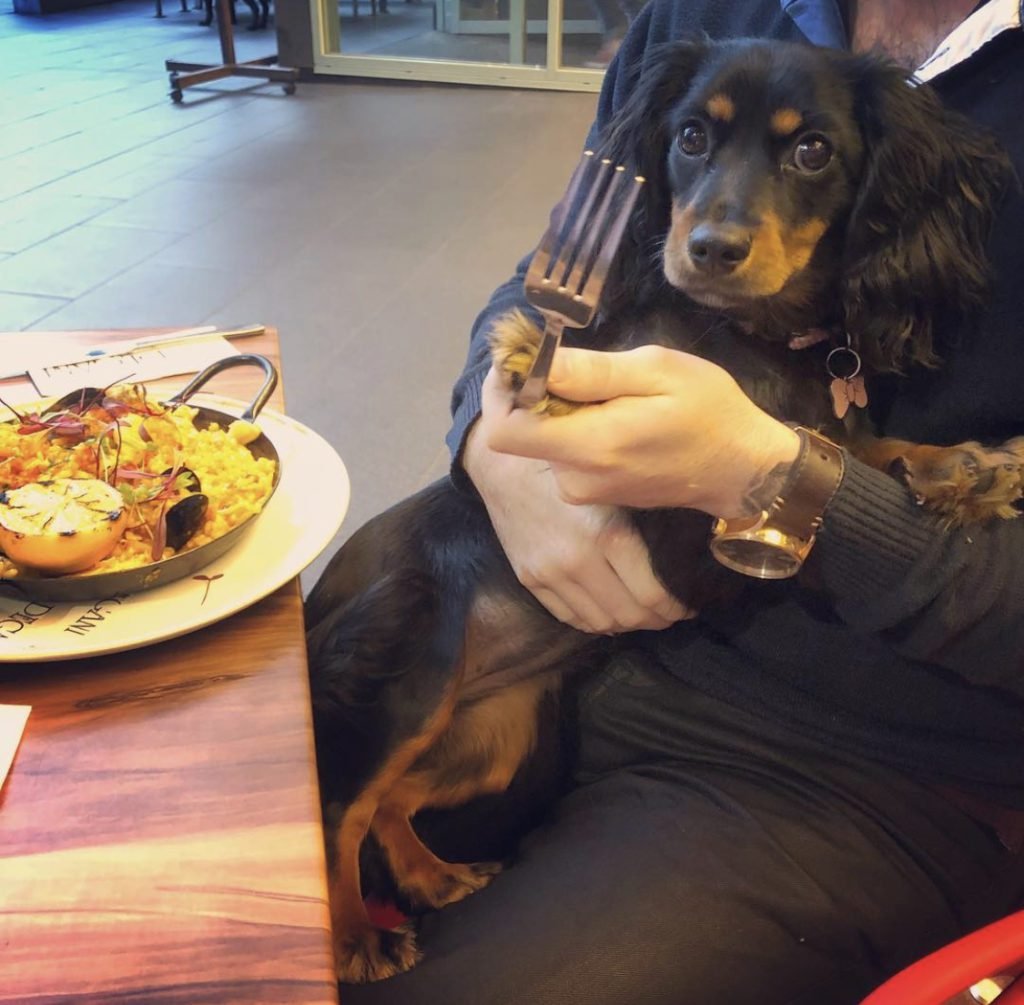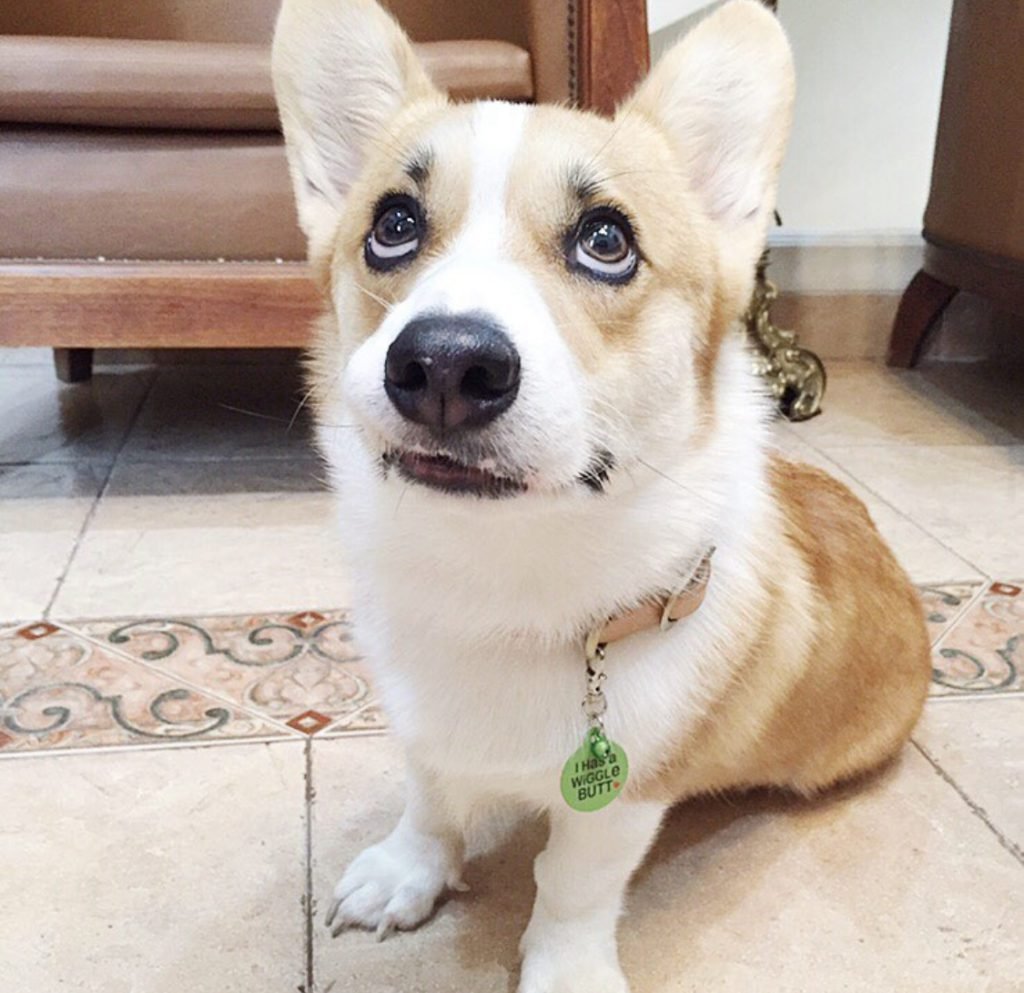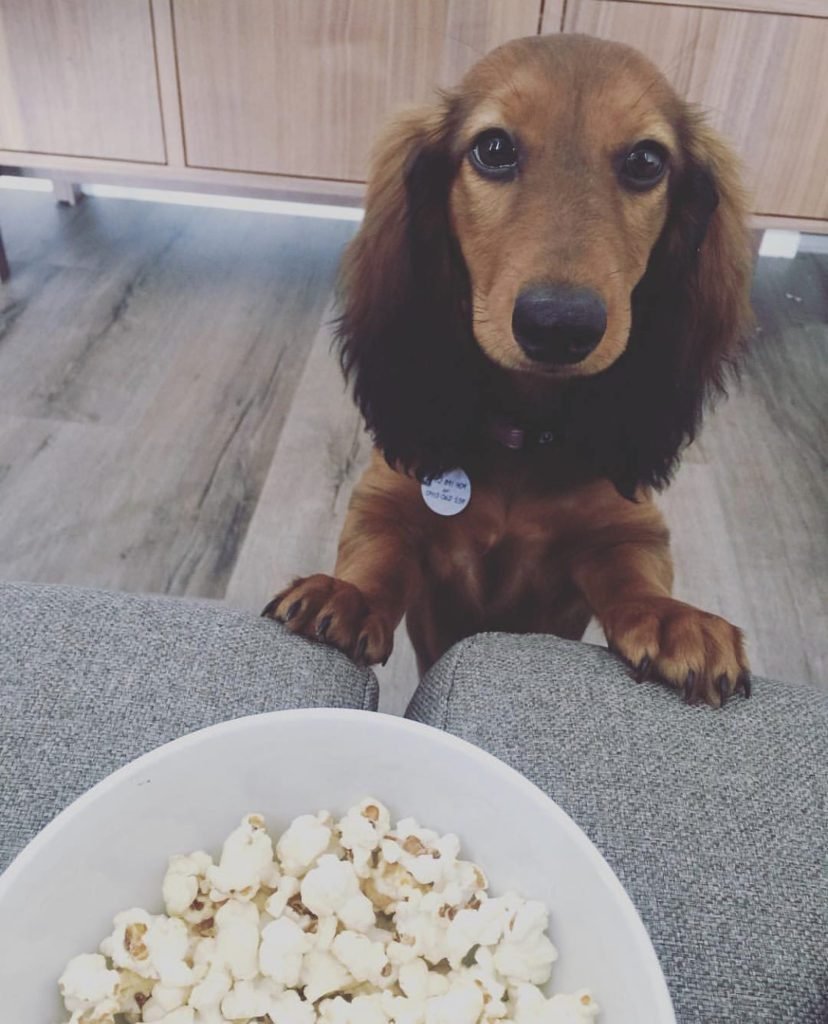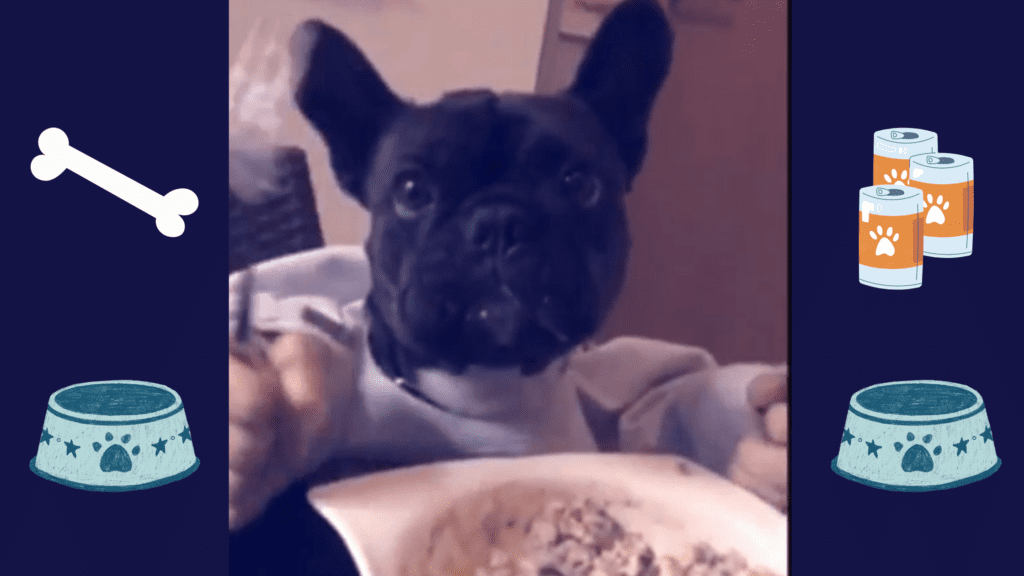My dog will only eat human food: Are you facing this problem with your hairy friend? Many dog owners struggle with picky eating habits and turn to feed human food as a solution. However, it’s essential to understand the potential benefits and risks of providing your dog with human food. This guide will address nine frequently asked questions about feeding dogs with human food.
Why has my dog developed a preference for human food?
- Lack of diet variation – if your dog has only eaten the same sort of dog food, it may seek something new and different.
- Conditioning from previous experiences: If your dog has previously received human food as a treat, it may have built a link between human nutrition and positive reinforcement.
- Flavor or texture preference: Some puppies prefer the taste of human food over dog food.
- Medical conditions, such as digestive issues or food allergies, may make it difficult for a dog to eat its usual diet, forcing it to seek alternate sources of nutrients.
Are there any health risks associated with feeding my dog human food?
Yes, there are several health risks associated with feeding your dog human food, including:
- Nutritional imbalances – Human food may not meet dogs’ nutritional needs, resulting in nutrient deficiency.
- Obesity – Because many human diets are heavy in calories and fat, they can cause weight gain and obesity in dogs.
- Some human foods, such as onions, garlic, and chocolate, can harm dogs and cause stomach difficulties.
- Pancreatitis – A quick increase in the amount of high-fat or high-carbohydrate meals in a dog’s diet can cause an abrupt episode of pancreatitis, a severe and sometimes fatal disease.
- Dental issues – Some human foods, such as bones and hard sweets, can cause dental problems and even tooth damage in dogs.

What kind of nutritional imbalances can arise if my dog only eats human food?
- Protein deficit – Dogs require a lot of protein to keep their muscles, skin, and coats healthy. A protein-deficient diet can cause muscular atrophy and poor coat condition.
- Fatty acid deficit – Dogs need fatty acids to stay healthy such as omega-3 and omega-6. A diet deficient in these essential fatty acids can cause skin and coat problems and joint and immune system disorders.
- Vitamin and mineral shortages – To be healthy, dogs need a well-balanced diet of vitamins and minerals such as calcium, phosphorus, and vitamins A, D, and E. A diet deficient in these nutrients can lead to weak bones, impaired eyesight, and weakened immune function.
- Carbohydrate excess – Dogs don’t require a lot of carbs, and a high-carb diet might cause weight gain and other health difficulties.
How can I introduce my dog to new types of dog food?
- Gradual transition: Over many days, mix the new dog food with their current diet, gradually increasing the amount of fresh food and lowering the amount of old food. That will assist your dog in adapting to the new diet without creating gastrointestinal problems.
- Modest portions: Instead of huge meals, provide small quantities of the new food numerous times a day to assist your dog in becoming adapted to the flavor and texture.
- Combine with your favorite treat: Making the new meal more tempting to your dog by combining it with a favorite pleasure will persuade them to try it.
- Provide a range of flavors and textures of dog food to assist your dog in developing a taste for different sorts of food.
- Be patient: It may take time for your dog to acclimate to a new type of dog food completely. Be patient and continue providing fresh food, even if you don’t consume it immediately.
Is it okay to mix dog food and human food?
Mixing dog and human food in moderation are acceptable if the human food is healthy for dogs and fits your dog’s nutritional needs. However, feeding your dog with human food might cause dietary imbalances and other health issues.
Based on size, age, activity level, and health, a veterinarian can recommend the correct mix of dog and human food for your dog. Your vet can also recommend dog-friendly human meals and quantity levels.
Remember that dogs have different nutritional demands than humans. Thus a human diet may not work for dogs. Therefore, your dog requires a balanced, nutritious meal tailored to its needs.

What behavioral problems can result from a dog only eating human food?
Feeding a dog a diet that consists primarily of human food can result in behavioral problems, including:
- Picky eating: When dogs get used to different foods that people eat, they may become picky and refuse to eat dog food.
- Begging behavior: When dogs link human food with incentives or prizes, they may become persistent and demanding when they seek food.
- Food aggression: Some dogs may become territorial and violent about their food, mainly if they are eating human food that they regard as more attractive than dog food.
- Overstimulation: The rich and high-fat meals in human diets may overstimulate certain dogs, resulting in hyperactivity, restlessness, and other behavioral disorders.
How can I ensure that my dog gets a balanced diet if they don't eat dog food?
If your dog won’t eat dog food, here are some steps you can take to ensure they are getting a balanced diet:
- Please speak with a veterinarian: Consult your veterinarian to discover your dog’s exact nutritional needs and which types of human food are safe to add to their diet.
- Provide a range of nutritious human foods: Provide a range of safe human meals for dogs, such as lean meats, fruits, and vegetables. Foods harmful to dogs, such as chocolate, grapes, and onions, should be avoided.
- Consider the following supplements: To ensure that your dog receives all the required nutrients, your veterinarian may advise you to add a nutritional supplement to their food.
- Transition to a more balanced diet: Mix dog and human food gradually over several days to convert your dog to a balanced diet.
- Keep an eye on their weight: Monitor your dog’s weight regularly to ensure that they maintain a healthy weight and that their feed has the appropriate nutrients.
Can I change my dog's behavior and get them to eat dog food exclusively?
- Small servings: To encourage your dog to adapt to the flavor and texture of dog food, feed tiny quantities repeatedly a day rather than large meals.
- Combine with your favorite treat: Making dog food taste like a favorite treat might make it more tempting to your dog and encourage them to try it.
- Provide a diversity of flavors: To help your dog acquire a taste for different sorts of food, provide a range of flavors and textures of dog food.
- Human diet should be limited: Limit the quantity of human food offered to your dog and ensure it is not utilized as a reward or treat.
- Maintain consistency: Keep the new diet and feeding schedule. That will teach your dog to think dog food is its primary nutritional source.

What should I do if my dog refuses to eat any dog food?
If your dog is refusing to eat its dog food, you can try the following steps:
- Offer different types of dog food: Different dogs have different tastes, try offering different brands or flavors of dog food to see what they prefer.
- Add a special treat: You can add a small amount of canned food, cooked meat or cheese to their kibble to make it more appealing.
- Change their feeding schedule: Try feeding your dog at different times of the day or giving them smaller, more frequent meals.
- Take them to the vet: If your dog continues to refuse food for more than a day, it’s important to take them to the vet to rule out any health problems.

